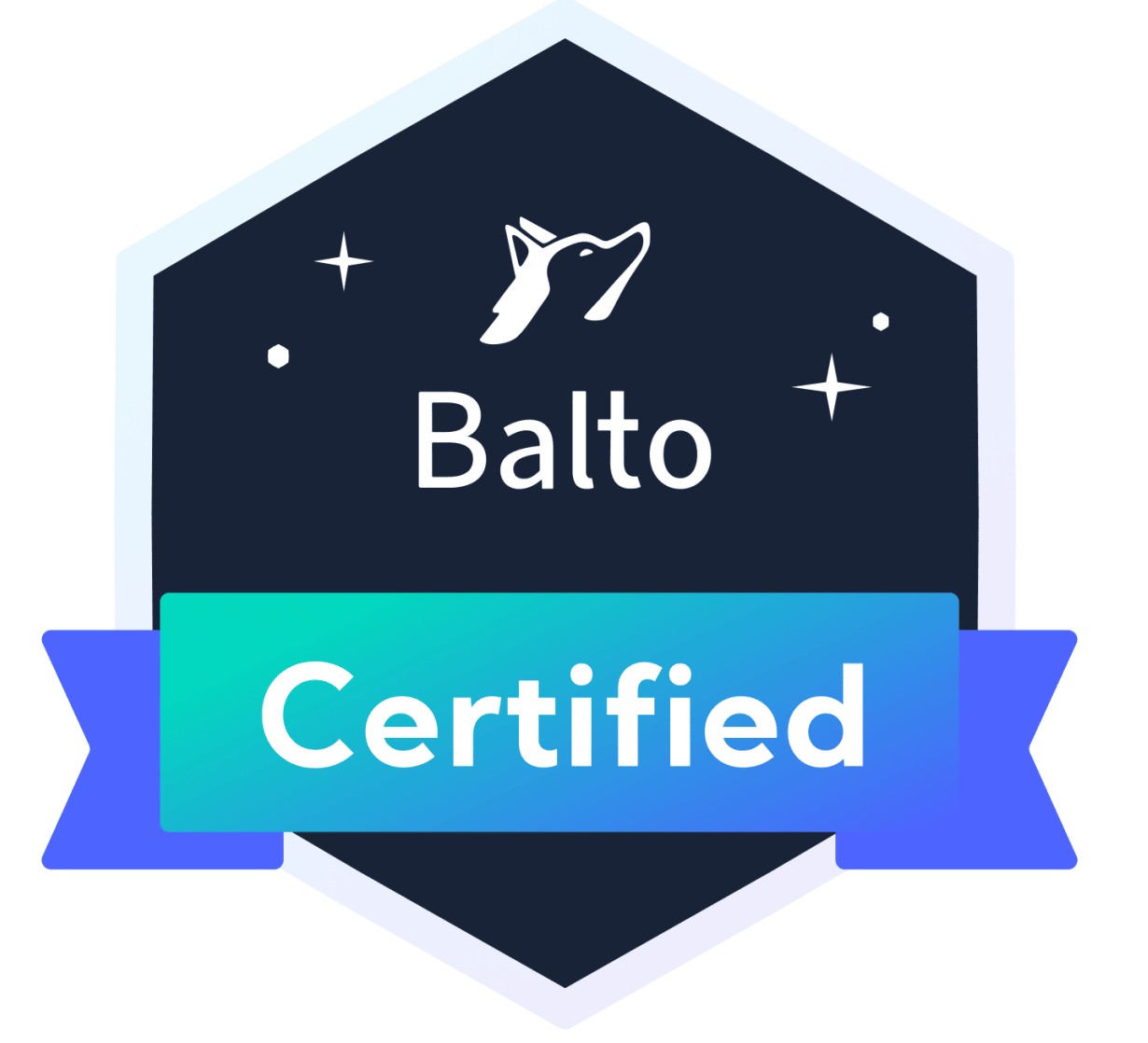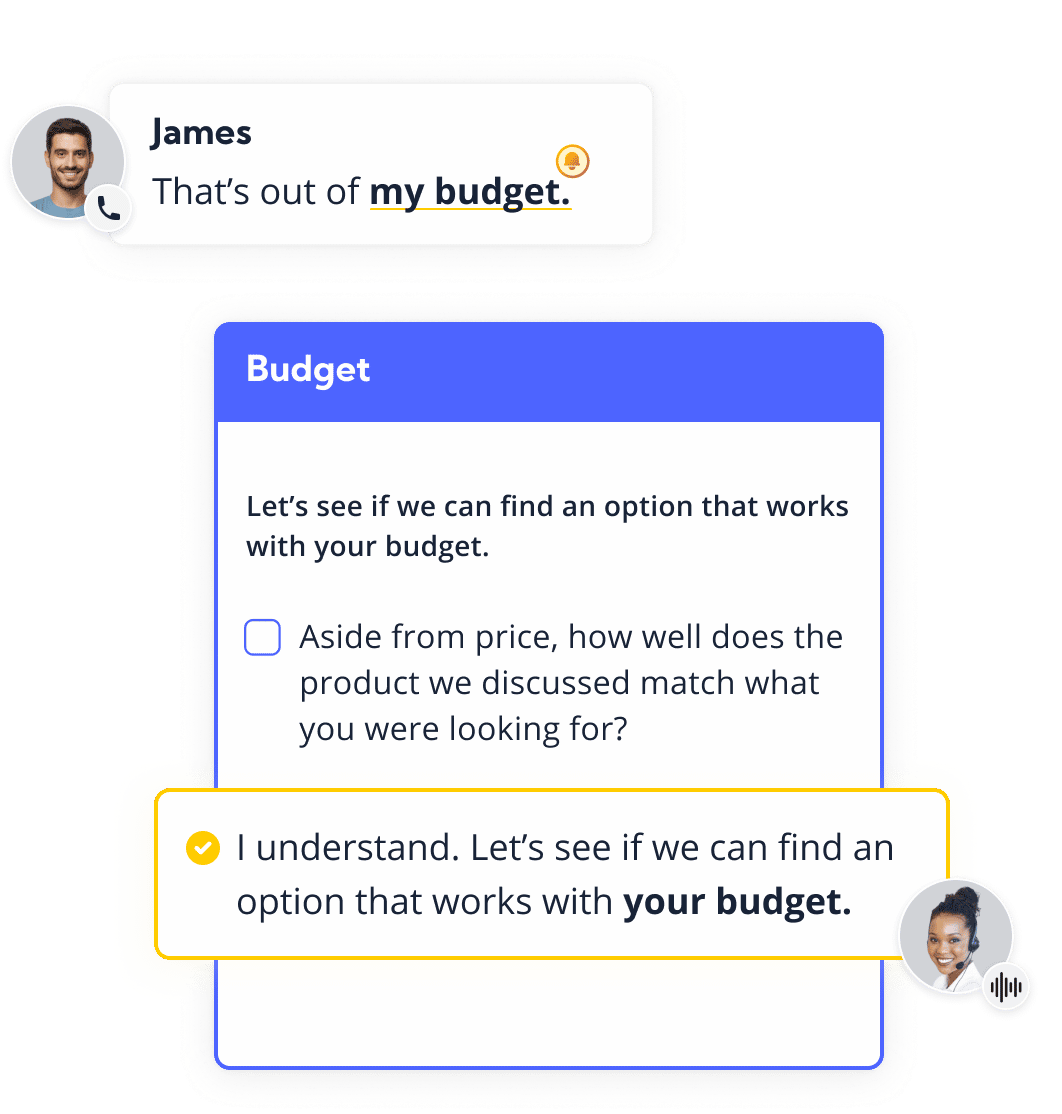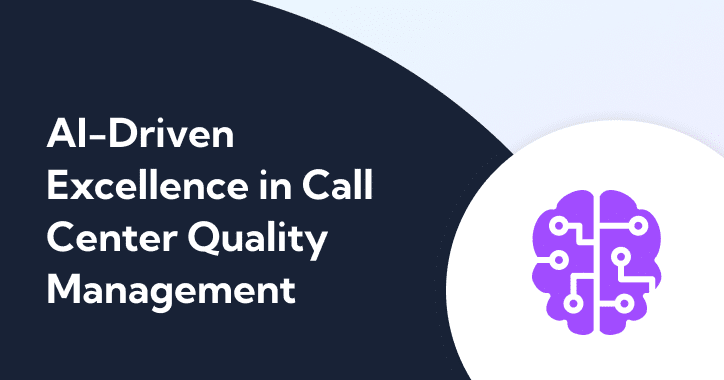Why do agents make mistakes on calls? Everyone errs sometimes, but in the context of a contact center where every call counts, how do we ensure that our agents have what they need to protect against missteps?
In 2021, we surveyed over 1,000 agents and found that:
- 24% of agents made mistakes on calls because they forgot what they were supposed to say
- 22% of agents made mistakes as a result of ineffective training
- 21% of agents made mistakes because they were bored
- 21% of agents made mistakes because they were nervous
- 12% of agents made mistakes as a result of a lack of training
From this, it could be said that human error accounts for 66% of mistakes, as forgetfulness, boredom, and nervousness are all presumably within an agent’s realm of control. But what if all three of these variables were in themselves a factor of ineffective training?
Taking that point of view would tell us that 88% of mistakes on calls are a result of ineffective training as it pertains to forgetfulness, boredom, and nervousness.
How, then, do managers refactor their training in order to avoid these outcomes? Let’s take a look.
1. Incorporate gamification
If you’ve ever received extra credit in school or used a rewards app at your favorite coffee shop, you’ve experienced elements of gamification. Businesses of all kinds — from e-commerce to language learning to health and wellness companies — can improve retention and performance with the aid of gamification concepts.
So what is gamification? Quite simply, it is the process of incorporating elements of games into non-game-related scenarios. Think: leaderboards, points, badges, user tiers, and more. Gamification causes users to engage with systems not because they need to but because they want to, or simply because it’s fun.
To combat boredom, forgetfulness, and nervousness in learned material, consider incorporating the following elements of gamification into your agent training:
Progress bars
We’ve all felt the joy of checking off an item on our list, or watching a loading screen creep up to 100%. Many learning management tools have progress bars built into them, but if you are conducting live or written trainings, you can still recognize milestones as they occur. Verbal or written messages like “Congratulations, you’re halfway done!” or “First lesson out of the way, nine more to go” help ground your agents in their progress and celebrate steps along the way.
Competitions or challenges
Balto, for example, has built-in leaderboards and mechanisms to allow managers to hold competitions among agents. Who can get the most wins this week? Who can tackle the most items from our training in one call? If you give your agents a head’s up about a competition you’re going to hold after training is done, they will be much more likely to both attend to training materials more closely and approach their calls with enthusiasm.
Recognition
This could come in the form of public shout outs, virtual badges, or an agent-of-the-month program. Make a point of highlighting those agents who go above and beyond in their role, or those who embody your company’s values in different ways. As you are training new agents, take time to publicly celebrate both those agents who are performing well, and those who are working hard to get there.

Read more about gamification and its various use cases for employee training here.
2. Involve your agents
Perhaps one of the simplest ways to increase agent retention of training material is to include the agents themselves in its creation. Involved employees are engaged employees, and engaged employees have substantially better work outcomes.
To this end, ask agents for feedback on training as you go through them. After trainings are completed, hold brainstorming sessions on how they can be improved. If you have a call script, give your agents opportunities to suggest and incorporate changes so they can use their expertise to improve your organization’s call outcomes. They perform better, treat customers better, and are less likely to quit their job.
By involving your front-line team you are also addressing your own potential blind spots. Your agents are the ones actively talking to customers, after all. They’ll be able to speak to what works for them, what doesn’t, and what concerns are top-of-mind for your customers.
Balto lets agents rate the helpfulness or unhelpfulness of talking points, and gives them the opportunity to provide live feedback on their talk track at any point during a call.
When agents are involved, they feel greater trust that their instincts are correct, and they will be less likely to mess up as a result of getting nervous on calls. Besides, it’s hard to forget your talking points when you help write them, and you’re less likely to get bored if you’re empowered to be on the lookout for new improvements you can make for you and your team.
3. Remove memorization from the equation
One of the most impactful things you can do to reduce the amount of mistakes agents make on calls is to take memorization out of the equation completely. It’s nearly impossible to predict every direction a call could go in, but it’s even more unfeasible to have agents memorize talking points for each and every one of these directions.
To that end, call guidance software like Balto reduces the cognitive load on agents. Balto uses AI and machine learning models to listen to calls and surface talking points exactly when they are needed, and only when they are needed.

When agents don’t have to worry about memorization, they can free up their brain to focus on other call elements like rapport, empathy, and forming stronger customer relationships.
Agents no longer have to feel nervous about saying the right thing, because the right thing will be presented to them. They won’t forget their talking points for the same reason. As for boredom, the dynamic nature of the real-time prompts helps keep agents on their toes, and the feedback systems incorporated into the Balto software encourage them to help improve their talk tracks in real time.
Another way to eliminate the need for memorization is to teach your desired talking points in a narrative format. Our brains are naturally wired to pay attention to stories far more than to facts and figures.
A strong narrative will provide key context around the “why” of each point in your talk track by taking your agents through your customers’ needs and motivations and how your company seeks to address them. Aside from being more memorable, narrative learning increases immersion and provokes emotion, both of which help key material stick.
When agents know a story, its component parts are fully internalized and they no longer need to engage in active memorization or recall. In this way, talking to customers on the phone will begin to feel less rote and more like telling an interactive story, which is more engaging for the agent and customer alike.
Balto is here to help
Agents mistakes will never fully disappear. But if you can reduce the need for agent memorization, incorporate gamification into your training and coaching, and involve your agents in the process of developing their training materials, your agents will not only make fewer mistakes on calls, but be more engaged and productive overall.
Schedule a demo with Balto to see how we can help in all of these areas and turn costly mistakes into revenue-generating opportunities.






